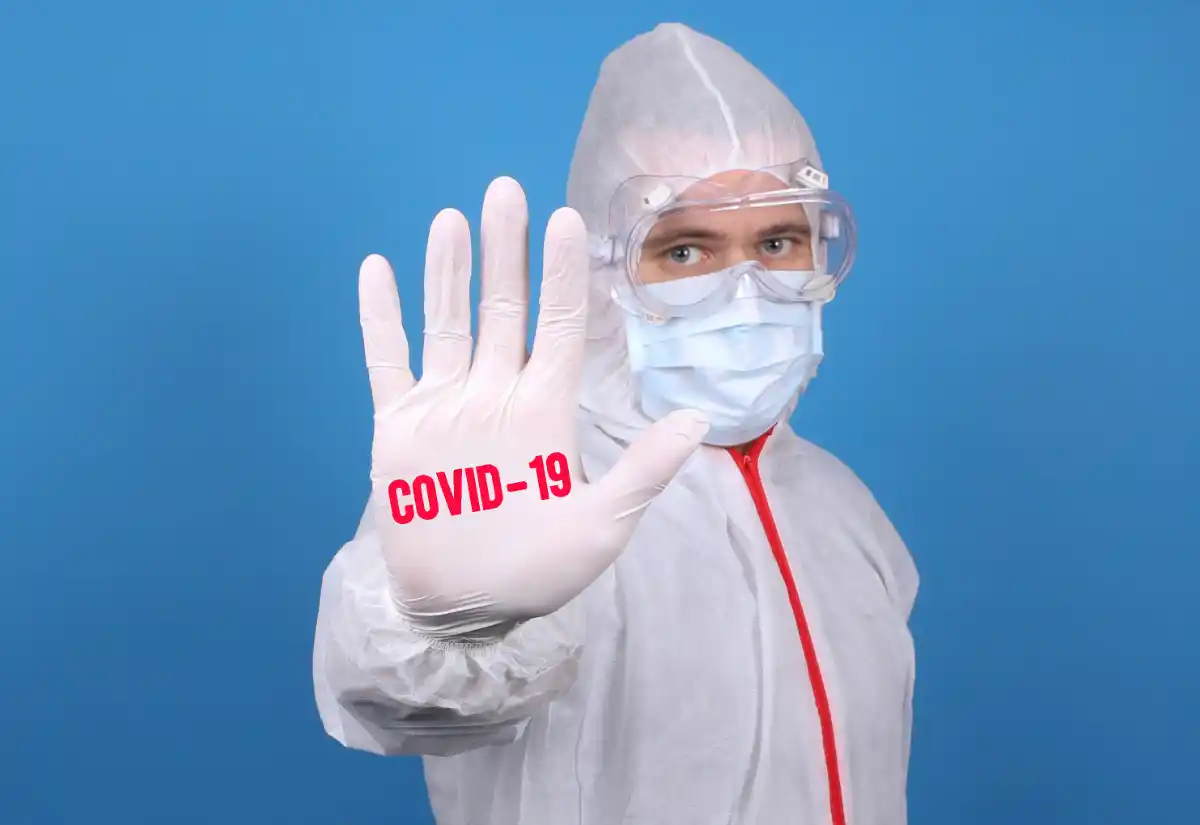Celiac.com 8/31/2024 - Understanding that celiac disease can look different in different people has helped doctors learn more about it. However, we still don't know what causes these differences, and exactly what they might mean for each individual. Because celiac disease varies so much from person to person, we need more personalized care and follow-up guidelines to better support each case.
A new study will recruit celiac disease and dermatitis herpetiformis patients, along with healthy control volunteers.
Celiac.com Sponsor (A12):
The study will allow researchers to compare genetic, clinical, immunological, micobiota and novel biomedical markers between celiac disease phenotypes and control subjects, along with assessing their prognostic value.
Study Purpose
The main goal of the study is to examine genetic, blood, immune system, and gut bacteria differences between various types of celiac disease. The researchers also want to find markers that can help predict how each type of celiac disease will develop.
Inclusion Criteria
- Cohorts 1 and 2: Celiac disease or dermatitis herpetiformis diagnosis.
- Cohort 3: friend or non-related family member of celiac disease or dermatitis herpetiformis patient.
Exclusion Criteria
- Cohorts 1-3 will exclude anyone under 18 years of age.
- Cohorts 1 and 2 will exclude anyone with unconfirmed celiac disease or dermatitis herpetiformis diagnosis.
- Cohort 3 will exclude anyone with a diagnosis of celiac disease or dermatitis herpetiformis.
Arms
- Celiac disease patients
- Adult (18 years or over) patients with previous celiac disease or dermatitis herpetiformis diagnosis
Healthy controls
The study will include 500 adults, aged 18 years or over, friends or non-related family members of celiac disease or dermatitis herpetiformis patients, all with no previous celiac disease or dermatitis herpetiformis diagnosis. An additional 1000 control subjects will be included from Biobank
Interventions
- Genetic
- Genetic predisposition
- Assessment of genetic predisposition to various celiac disease phenotypes. No intervention.
Contact a Trial Team
Those interested in learning more about this trial should find the trial site nearest to your location and contact the site coordinator via email or phone. The sponsors also "strongly recommend that you consult with your healthcare provider about the trials that may interest you and refer to our terms of service..."
Read more at trials.celiac.org










Recommended Comments
There are no comments to display.
Create an account or sign in to comment
You need to be a member in order to leave a comment
Create an account
Sign up for a new account in our community. It's easy!
Register a new accountSign in
Already have an account? Sign in here.
Sign In Now